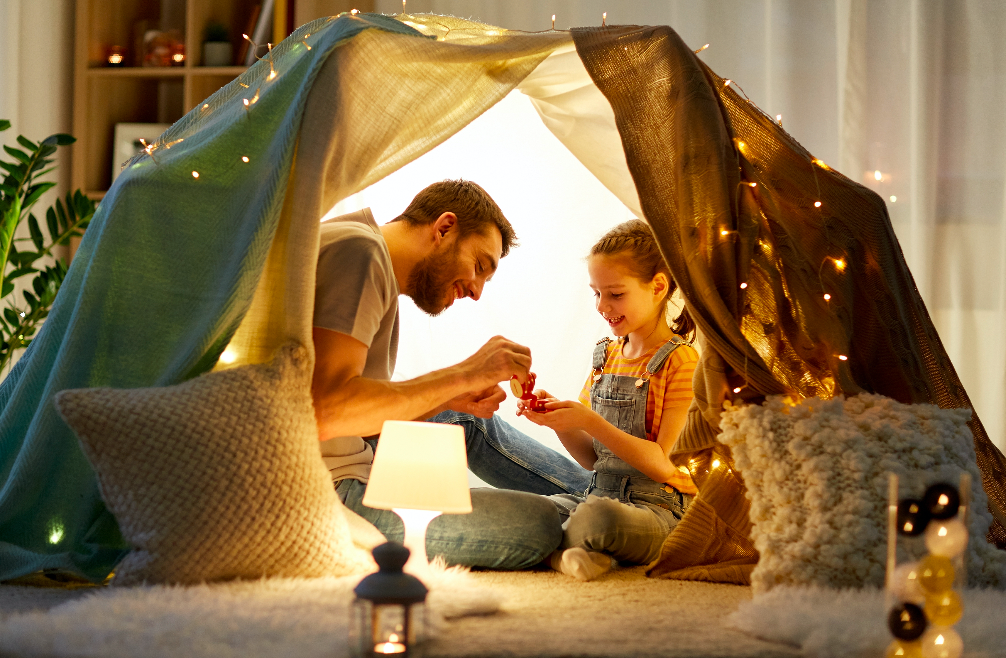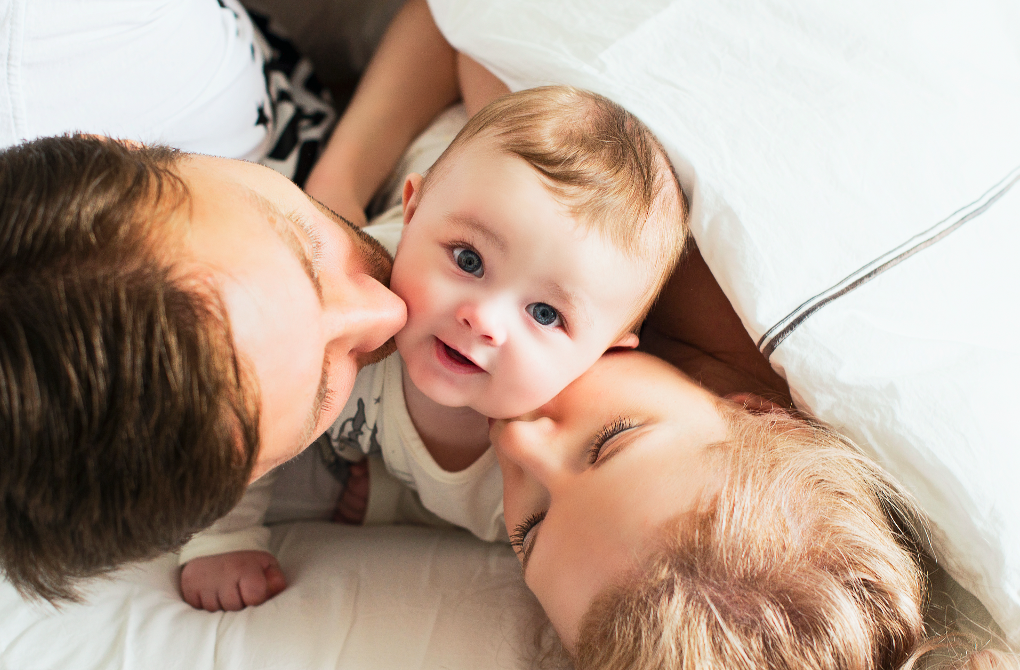In our new Spring 2021 issue, our resident parenting expert Anna Cole wrote about the inherent imaginative capacity that children possess … and how we can meet them in the realm of dreams. Read on to enjoy a sneak peek!
Anna Cole
The theme of our Winter 2020/21 issue was sovereignty, and we loved what our parenting expert, Anna Cole, had to say about this subject in relation to children. Check out her article below!
The theme of our Winter 2020/21 issue is sovereignty, and we greatly appreciated our parenting columnist Anna Cole’s thoughts on this, from a parenting perspective. Please enjoy a sneak peek of her article below! You can read the full piece by picking up a copy of our Winter 2020/21 issue – click here to find your nearest stockist, or subscribe here to receive a copy direct to your door.
Our regular parenting expert, Anna Cole, wrote a wonderfully heart-warming article for our Autumn 2020 issue. She discussed the challenges that new parents can face, and how relief from these pressures can be found in simply knowing that they are doing their best. Read the full article below.
Our parenting expert Anna Cole had some beautiful words of wisdom for new parents in the Autumn 2020 issue. Today, we wanted to share a sneak peek of her article. To read the full article, grab your copy of the Autumn 2020 issue, or subscribe here to receive one direct to your door.
In our Summer 2020 issue, our resident parenting expert Anna Cole wrote about the value of doing a parenting ‘re-set’ during tense times. We previously published a sneak peek of her article, and today, we wanted to share the whole thing. Enjoy!
In our new Summer 2020 issue, our regular parenting columnist Anna Cole wrote about the value of a parental ‘re-set’ during tense times. Today, we wanted to share a sneak peek of her article, to give you a taste of parenting wisdom. Read on and enjoy!




